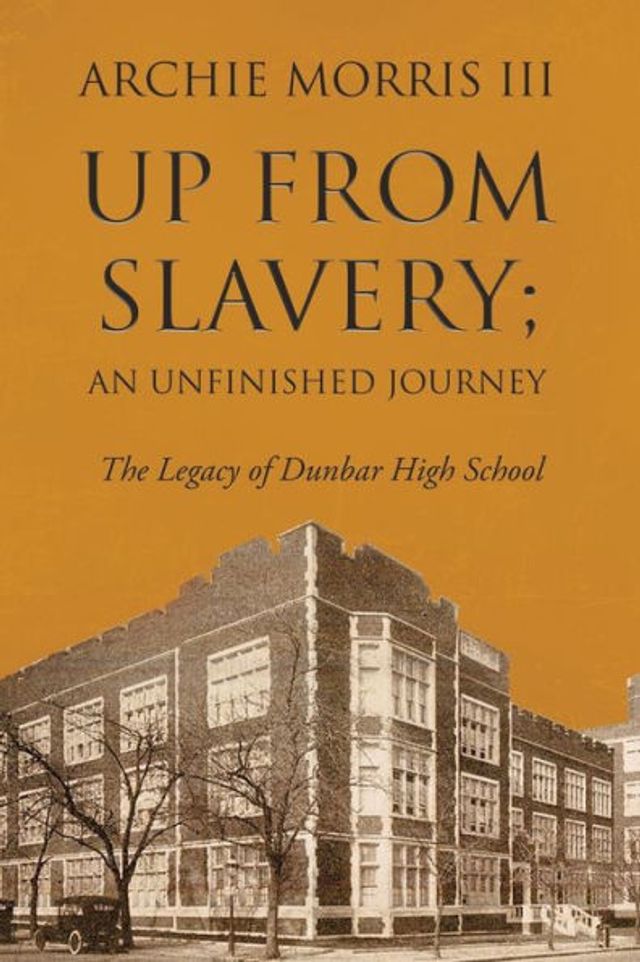Home
Ownership: The Evangelical Legacy of Slavery Edwards, Wesley, and Whitefield
Barnes and Noble
Ownership: The Evangelical Legacy of Slavery Edwards, Wesley, and Whitefield
Current price: $15.99


Barnes and Noble
Ownership: The Evangelical Legacy of Slavery Edwards, Wesley, and Whitefield
Current price: $15.99
Size: Audiobook
Loading Inventory...
*Product information may vary - to confirm product availability, pricing, shipping and return information please contact Barnes and Noble
Men of their time?
Jonathan Edwards, John Wesley, and George Whitefield were the three most prominent early evangelicals--and all three were deeply compromised on the issue of slavery. Edwards and Whitefield both kept slaves themselves, and Wesley failed to speak out against slavery until near the end of his life.
In
Ownership
, Sean McGever tells the true story of these men's relationships to slavery: a story that has too often been passed over or buried in scholarly literature. Laying out the dominant attitudes among Christians toward slavery at the time, McGever sets these "men of their times" in their own context, inviting us to learn how these shapers of American evangelicalism contributed to the tragic history of racism in America. He also explores how Christians finally began to recognize that slavery, which they'd excused for most of Christian history, is actually wrong. It's a story that white evangelicals must wrestle with today.
is more than a book of history. It's an invitation to examine our own legacies and to understand--and take ownership of--both our heritage and our own part in the story.
Jonathan Edwards, John Wesley, and George Whitefield were the three most prominent early evangelicals--and all three were deeply compromised on the issue of slavery. Edwards and Whitefield both kept slaves themselves, and Wesley failed to speak out against slavery until near the end of his life.
In
Ownership
, Sean McGever tells the true story of these men's relationships to slavery: a story that has too often been passed over or buried in scholarly literature. Laying out the dominant attitudes among Christians toward slavery at the time, McGever sets these "men of their times" in their own context, inviting us to learn how these shapers of American evangelicalism contributed to the tragic history of racism in America. He also explores how Christians finally began to recognize that slavery, which they'd excused for most of Christian history, is actually wrong. It's a story that white evangelicals must wrestle with today.
is more than a book of history. It's an invitation to examine our own legacies and to understand--and take ownership of--both our heritage and our own part in the story.


















